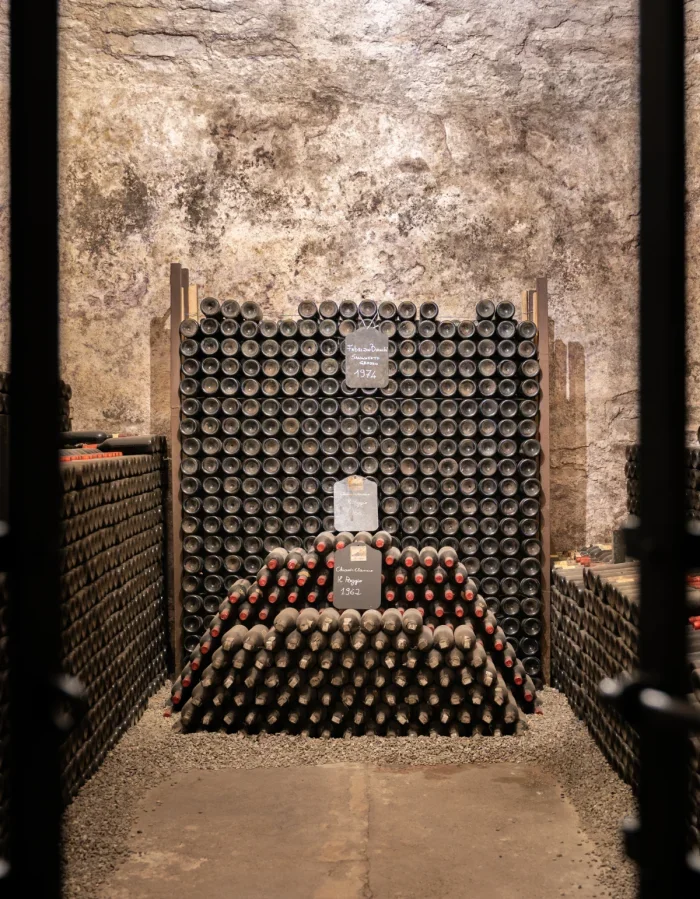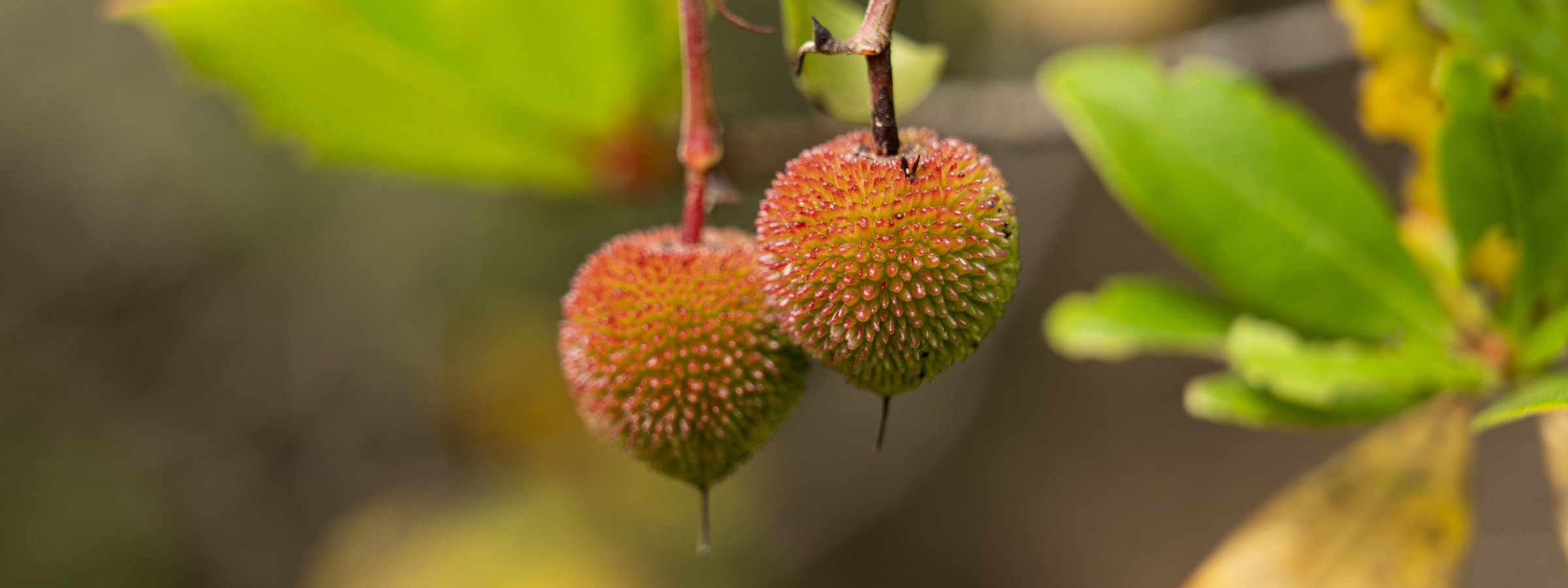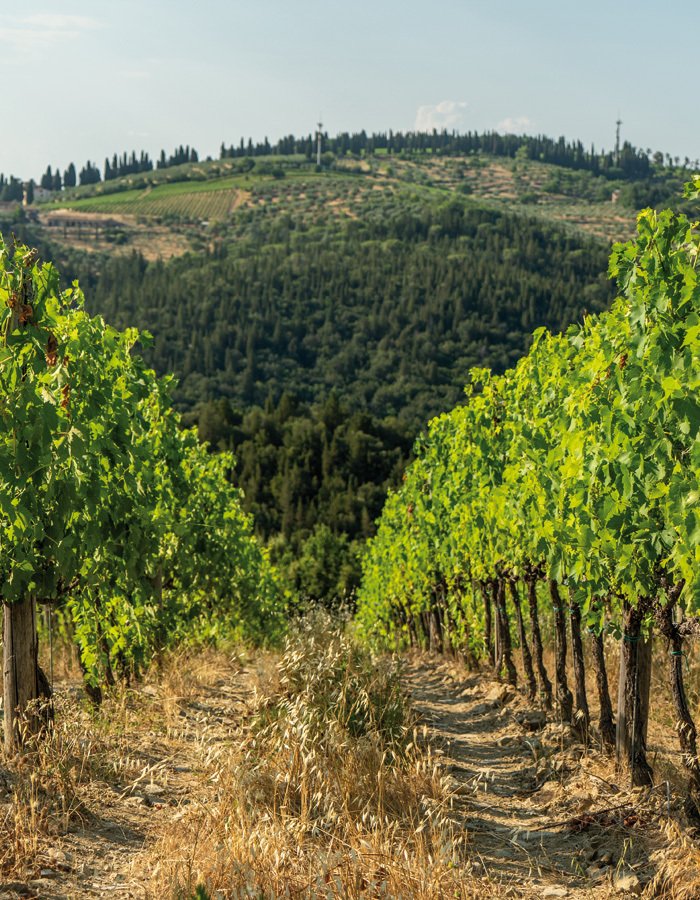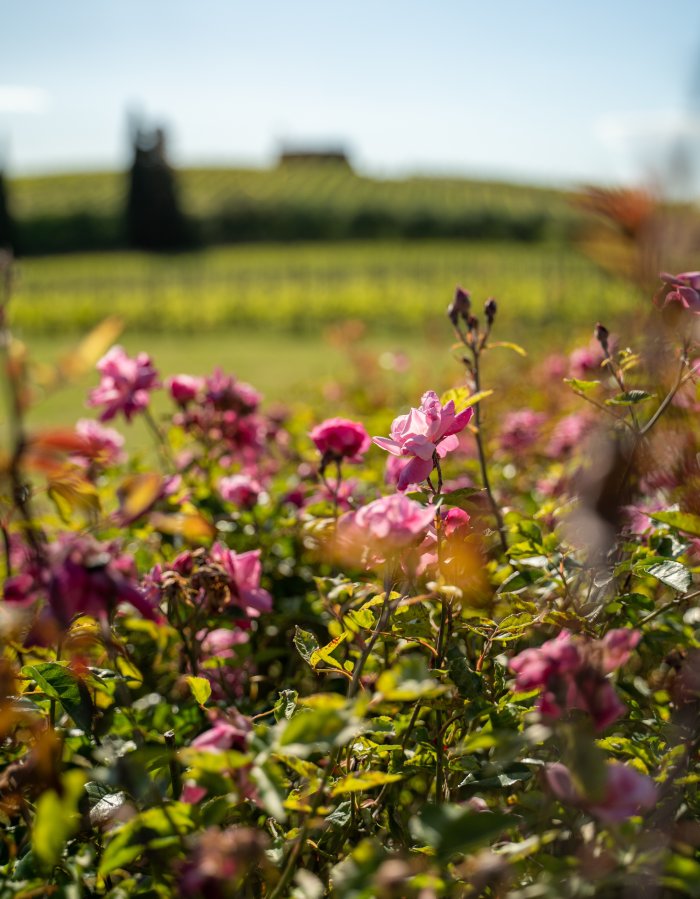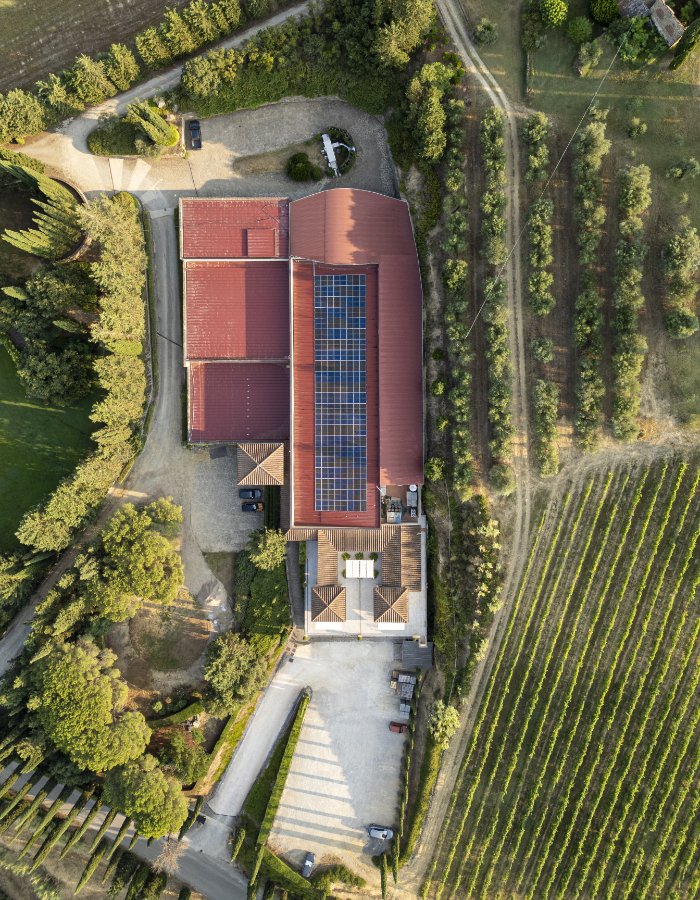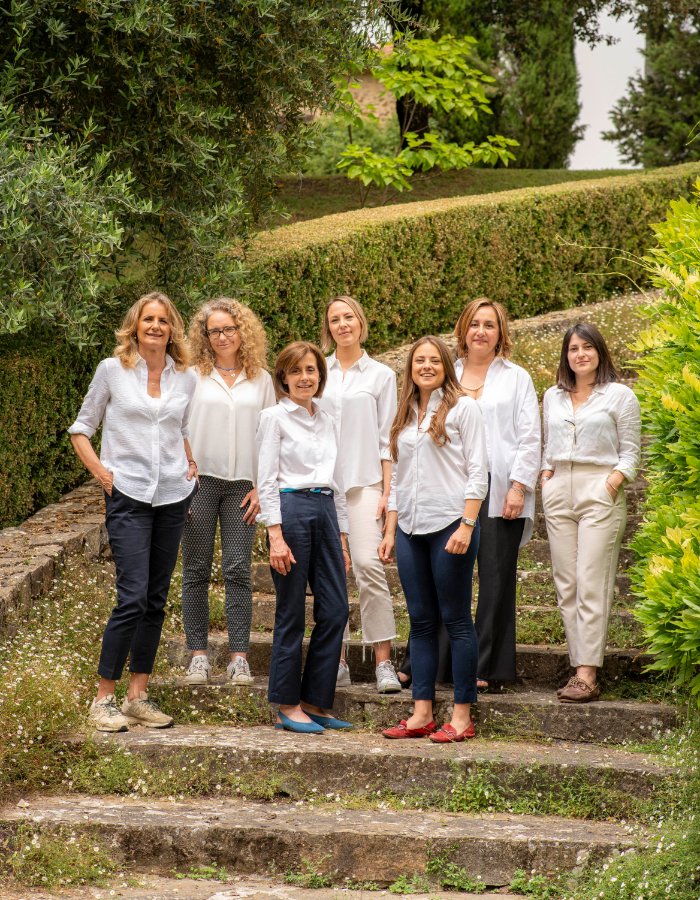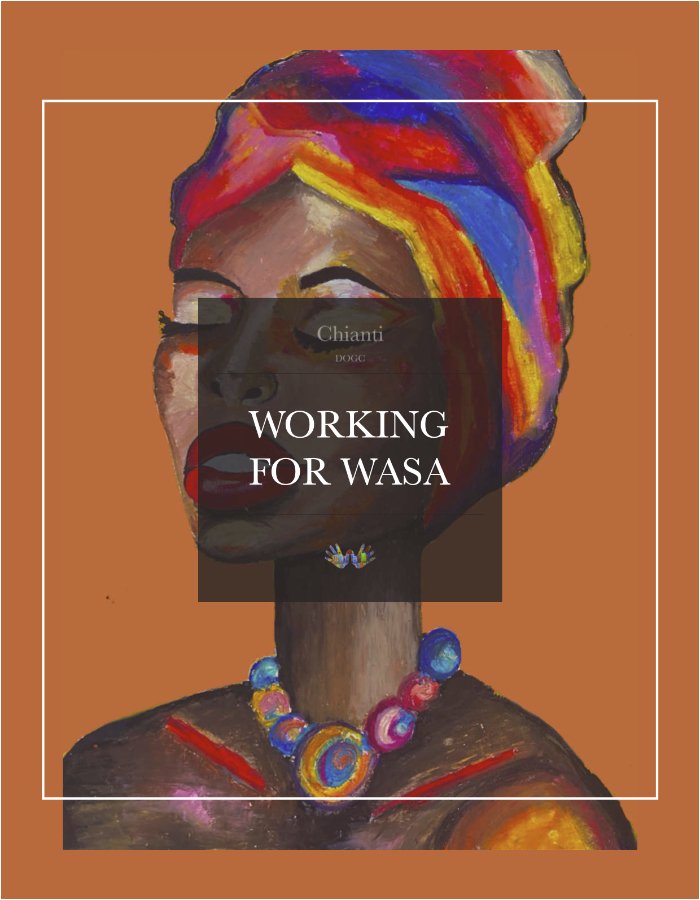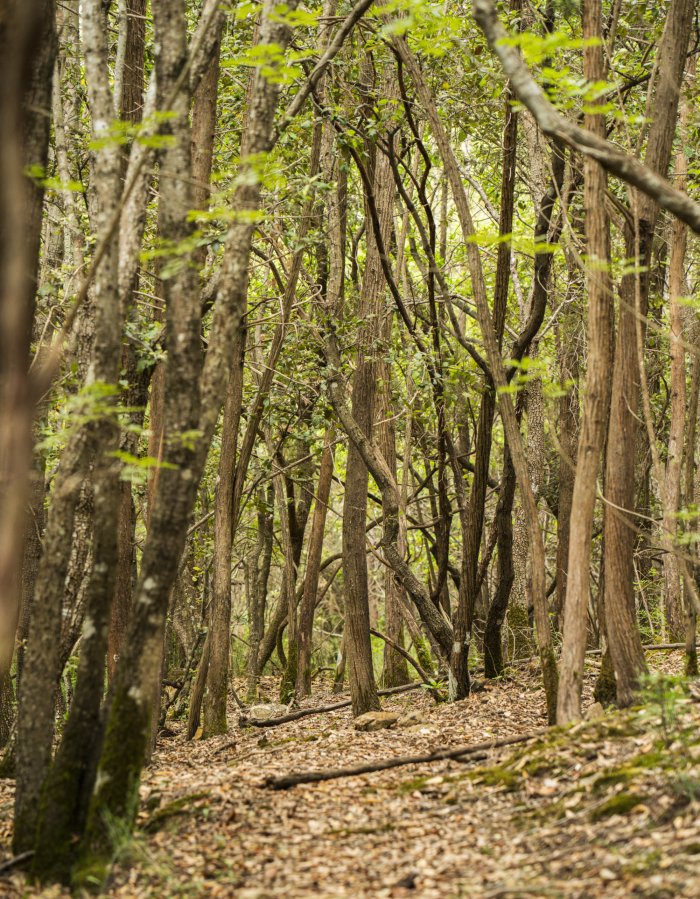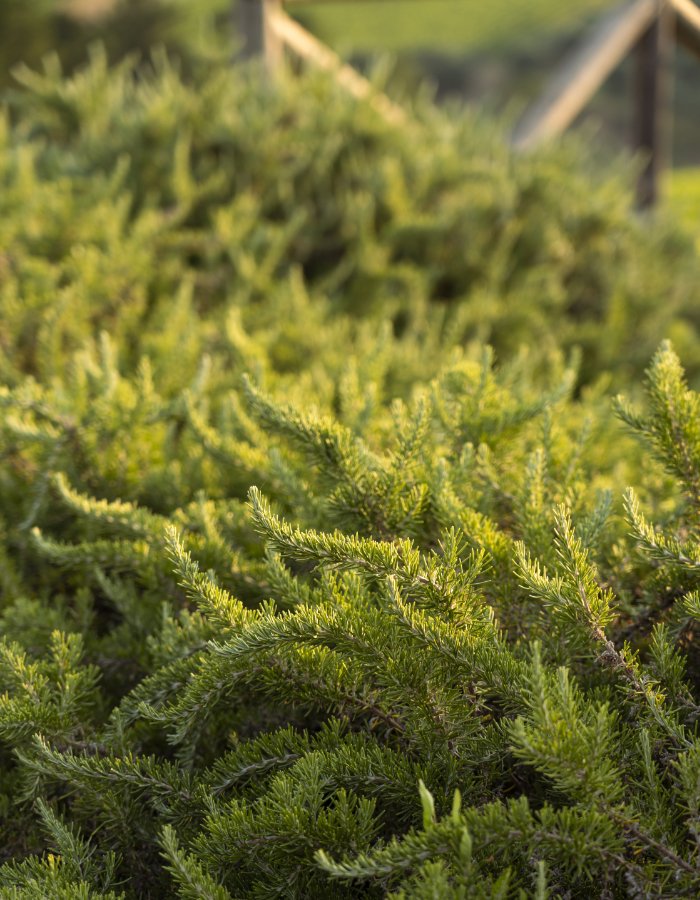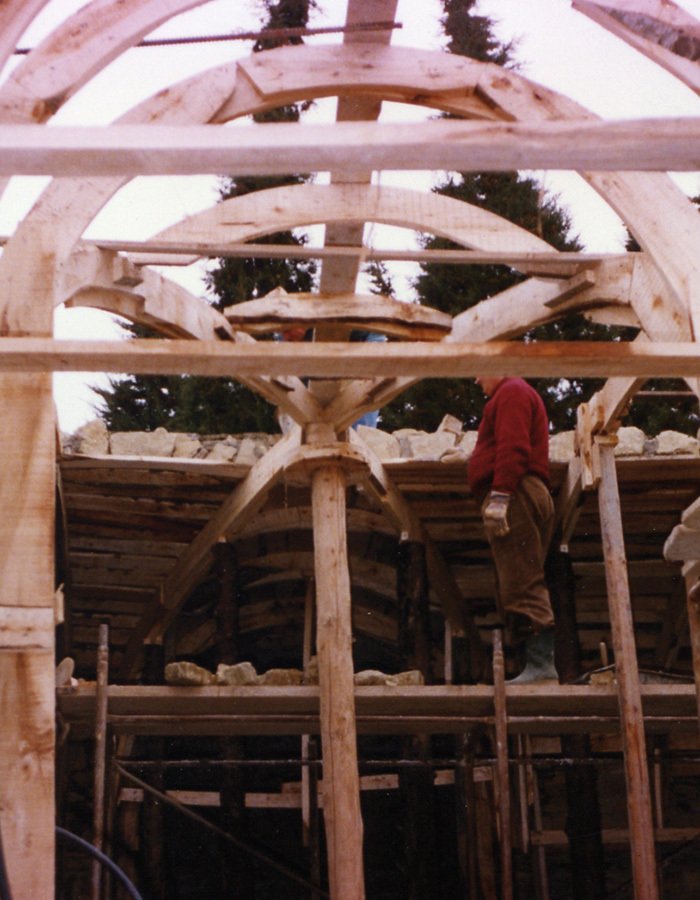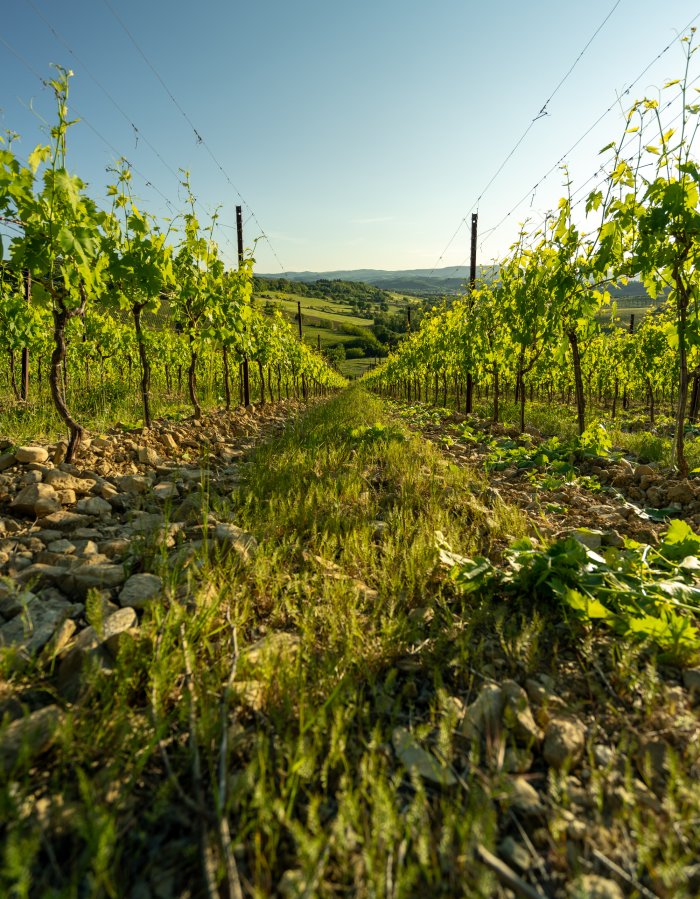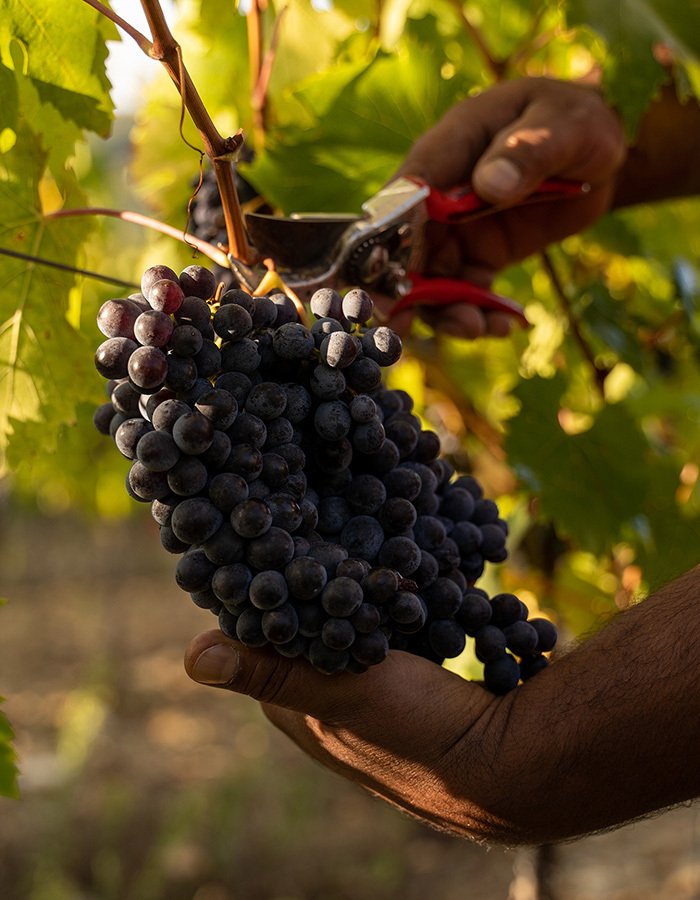Sustainability: An Ethical Legacy
At Castello di Monsanto, sustainability is not just a practice but an ethical legacy, passed down from generation to generation. It reflects a commitment to the present by protecting the environment, natural resources, and social and cultural heritage, fueled by the Bianchi family's dedication and boundless love for their land.
Guardians of the Environment
The first and most crucial step in protecting, preserving, and honoring the environment is to understand it deeply. From this intimate knowledge comes a broader perspective, revealing the paths to a journey of continuous, dynamic growth. This is a daily challenge where patience is sustained by confidence in our actions. Embracing sustainability as a guiding principle means more than just protection and enhancement; it involves a commitment to purposeful actions that, each day, contribute to shaping a better future, always mindful of the profound legacy we are privileged to uphold.
Social sustanaibility
At Castello di Monsanto, our commitment extends beyond the surrounding environment to encompass the well-being of every individual. The estate is a welcoming space, where everyone feels comfortable, respected, and supported. This ethos is based on the firm belief that people are essential to the success of any project, and it must be recognized, shared, and valued by everyone involved.
Landscape and Beauty
The landscape is not just a backdrop for our work; it is a valued resource and shared heritage. To honor it is to protect its integral elements—forests and verdant spaces, the very breath of biodiversity—while gracefully integrating them into our cultivated fields and architecture.
For any human intervention to be truly sustainable, it must pursue a delicate harmony between the new and the existing, between nature and culture. This balance preserves the beauty of the past while ensuring it is accessible through the utmost respect. At Castello di Monsanto, every touch upon the natural or architectural landscape is guided by the principle that we are, above all, stewards of beauty.
Terroir
An exceptional wine captures the essence of its origin in every sip. It embodies both nature and culture, deeply connected to the concept of terroir—an intricate resource that goes beyond geography. Terroir is a unique and complex system shaped by the interplay of soil, climate, grape varieties, and, most importantly, the human touch.
In this delicate dance of elements, humanity's role is to harmonize and give voice to each component, allowing every bottle to serve as a gateway to a singular land, culture, and history. At Castello di Monsanto, crafting wine is a profound responsibility: to honor and preserve the terroir by interpreting, listening to, and celebrating our environment with a devotion that draws from the past, understands the present, and safeguards the future.
Cultural Sustainability
At the heart of sustainability lies the stewardship of resources, preserving them as a legacy for future generations. This is why Laura Bianchi lovingly refers to "cultural sustainability" when speaking of the archive of historical vintages at Castello di Monsanto. Since the first vintage in 1962, each bottle not only reflects the estate’s heritage, the quality of its wines, and the enduring spirit of Sangiovese, but also serves as a living record of Chianti Classico’s history.
As one of the most extensive historical collections in Italy, this archive is more than a repository; it is a dynamic record that, each year, adds the story of a new vintage, eagerly awaiting to be shared.
